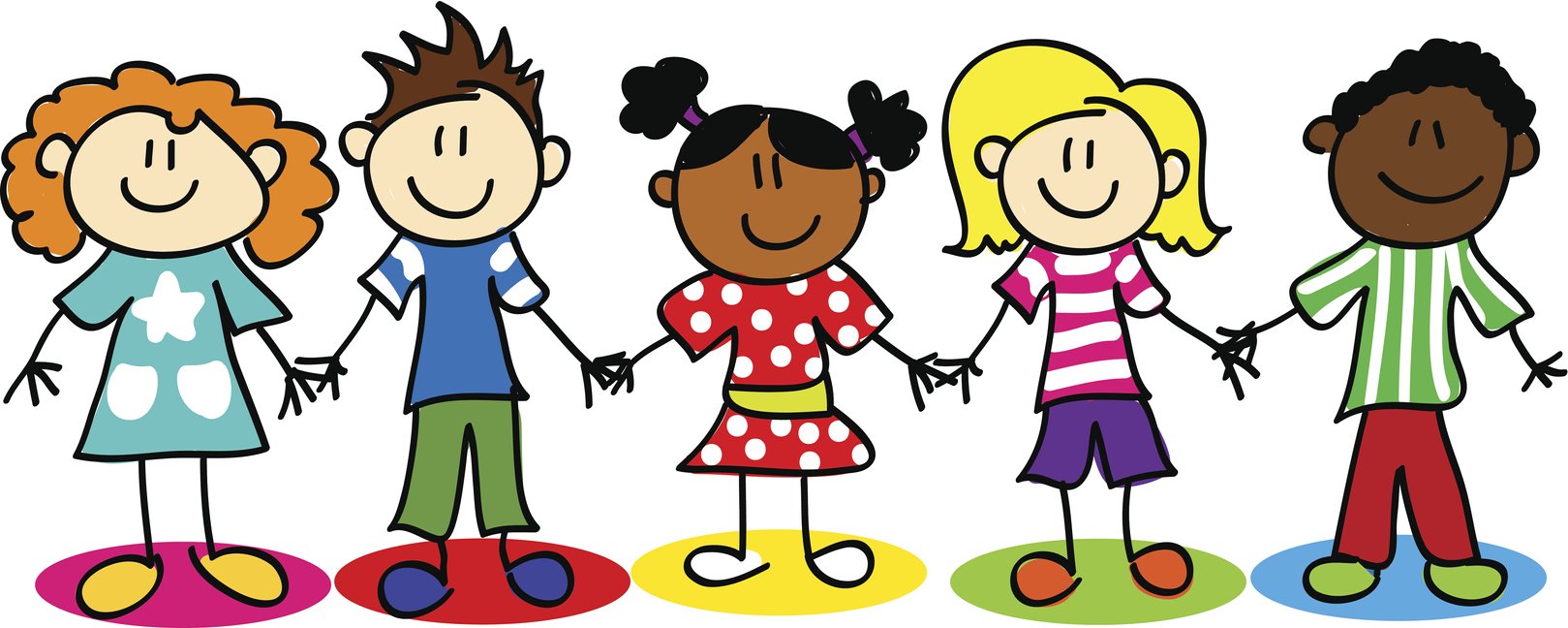by Thembe Khumalo
“We need to get more like-minded people together. Lets put together a group of other people like ourselves, and we can really make an impact.” Unfortunately the last time I had a conversation like this will not be the last time I will have this conversation; and the problem is, I have a problem with this kind of thinking.
We don’t need to collect more people who are like us. After all, we know where to find them, and generally we will attract them anyway. We don’t need to form bigger and bigger groups of like-mindedness. What we need to do is cross over to those who are not like us, to listen to alternative points of view, and to receive new and different information from that which we already hold.
Let’s explore one of the most exciting laboratories in the modern world — the school playground. The child who plays only with children from his neighbourhood, or with children whose parents are friends with his own parents is not going to develop a wide range of experiences. Because the lifestyle of his parents’ friends is very similar to that of his own. These are the “like-minded.” His growth and learning is inhibited because there is nothing new in his range of experiences — both demographically and psychographically.
But take that child into a space that is different from his own — a family that does not eat what he eats, or believe what he believes, or live the way his parents live, and his mind is ignited by the experience of processing new things. The English child sees that there is a different way to talk to elders when he visits the Ndebele child’s home; the Christian child is fascinated by the idea of having different fridges for meat and milk when he visits a Jewish child’s home. The wealthy child’s imagination is fired up when he learns that toys can be constructed from sticks and stones and toilet paper rolls when he interacts with a child from a poorer family. From here, children can begin to ask a “why?” that has a richer foundation to it.
All of this increases our learning and expands our mental and emotional worlds. It helps us access and process new information and sets our minds alight with possibilities, opening windows and doors where we previously only saw walls. . Why then do we as adults want to huddle in groups of like-minded people?
Yes, it is natural that we should be drawn to those who are like us. There is a sense of security that derives from knowing what to expect from those around you, and a certain joy that comes when ideas and opinions align. When we are talking to those who think and believe as we do, we have a language that is common among us, and even our implied communication is understood and well-received.
But social capital works in an interesting way. It is a resource that enables multiple occurrences of success in business, in society, in politics and in education. It has been credited with improved performance of senior managers and increased efficiency in supply chain management. The paradox of social capital is that while social groups are often made up of strong ties, they benefit enormously from weak ties.
So it is not from groups with common understanding and common interests that our new knowledge and ideas come. It is not our friends who help us to understand and appreciate the world better, but rather, our acquaintances.
Perhaps it is not only in Zimbabwe that we are terrified of those who are different from ourselves. The woman who is suddenly widowed will find a slow frost developing over her circle of friends as she is gradually cut out of the social interactions of married women; worse still for the divorcee. The man who leaves his job to start a business will find his circle of friends shifting as others begin to see him as “not one of us”. Yet, our learning is facilitated by those who are different from us. Our experience is enriched by a change in what we do and how we do it. Our ideas are enhanced by the views of those whose minds are not like ours.
The biggest challenge of consorting only with those who are like us is that we end up talking to ourselves. While this is not a bad thing generally, it is problematic when we are trying to effect change and we make assumptions based on what we are telling one another. The managers who develop strategy without engaging lower level employees; the businessman who only consults his peers about his desire to go into politics, the pastor who determines the needs of his flock based on what Mrs Pastor and her friends think; the president who only listens to the advisors from his party. These leaders are all in danger. They are making decisions about a wider audience based on conversations they are having with themselves.
We cannot build a society where dynamism and innovation thrive by keeping to ourselves and to those like ourselves. We cannot stretch and grow by staying in our comfort zones.
My work is building brands and telling stories. I help African businesses and individuals convert their stories into compelling brands through communication and brand strategy, one one one personal brand coaching and storytelling in print, TV, radio, digital and keynote presentations. www.thembekhumalo.com
My passion is a social enterprise that will some day connect 1 million African women artisans under one brand. www.labourofloveafrica.com
Thembe Khumalo is one of Zimbabwe’s leading voices when it comes to brand-building, business growth and personal development. A winner of multiple awards both at home and in the region, she is the founder and Managing Director of Brandbuilder, a high-performance brand strategy firm that helps entrepreneurial leaders and SMEs achieve visibility and growth through comprehensive brand strategy, creative execution and social media content strategies. Known for her clarity and courage, Thembe Khumalo’s leadership track record includes board positions in listed, unlisted and not-for-profit entities. With more than 20 years in the media and communication industry, she delivers a network of high-level relationships across many industries in several African countries. | thembekhumalo.com | www.brandtobuild.co | askus@brandtobuild.co
More articles by Thembe














